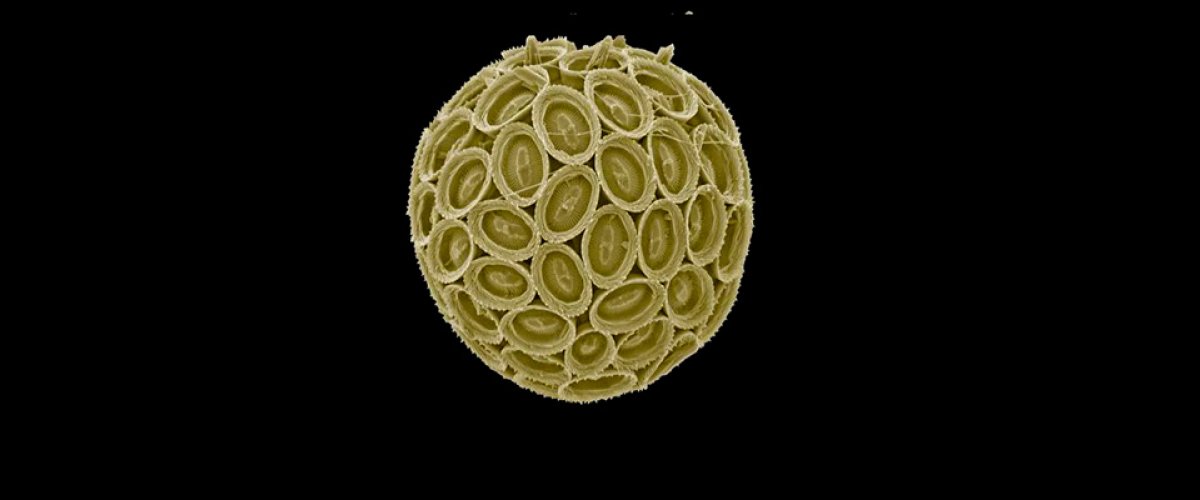Séminaire / Experimental evolution meets marine phytoplankton
Global climate change in the oceans is associated with the simultaneous change of several environmental parameters such as warming, acidification and nutrient supply. It thus has the potential to dramatically change physiology and community composition of marine species.
Prof. Dr. Thorsten Reusch
Global climate change in the oceans is associated with the simultaneous change of several environmental parameters such as warming, acidification and nutrient supply. It thus has the potential to dramatically change physiology and community composition of marine species. As a third response, there is a rapidly increasing interest in evolutionary adaptation as one possible response to environmental change. My talk focuses on photoautotrophic microbes (phytoplankton) which are responsible for ~50% of global primary productivity. Their large population sizes, standing genetic variation and rapid turnover time should promote swift evolutionary change. Hence, marine biologists have recently begun to address the possibility of evolutionary adaptation. I present recent case studies from coccolithophore species where experimental evolution revealed adaptation to temperature stress and enhanced partial pressure of CO2 via lineage sorting (clonal selection) and de novo mutations. I then discuss challenges for the future. How can evolution-in-a-bottle experiments be scaled-up to the real ocean? How will species interactions co-evolve? What are the relative responses of species sorting vs adaptive evolution within species in the face of global change?








